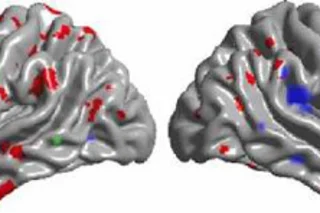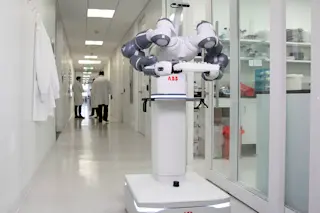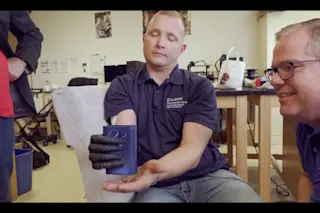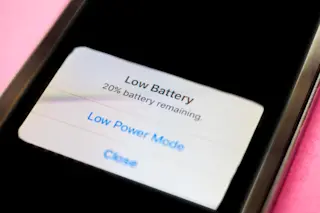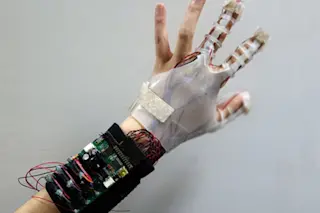Go ahead, let your teenagers play another few minutes of Tetris, that simple-yet-addictive puzzle game; it may well be good for their brain. Researchers have new evidence that playing Tetris makes a developing brain more efficient and thicker in certain regions. The small study was conducted by neuroscientist Richard Haier, who was one of the first neuroscientists to explore the effects of video games on the brain. Back in 1992,
Haier used brain scans to discover that some parts of the brain actually used less glucose as the players became more skilled at the game. The "Tetris effect" illustrated how video-game training could make brains work more efficiently - an idea that eventually led to a whole host of brain-training games [MSNBC].
For the new study, Haier updated his work by using newer, more sophisticated brain scanning technology to look for changes in the brains of adolescent girls after three ...


